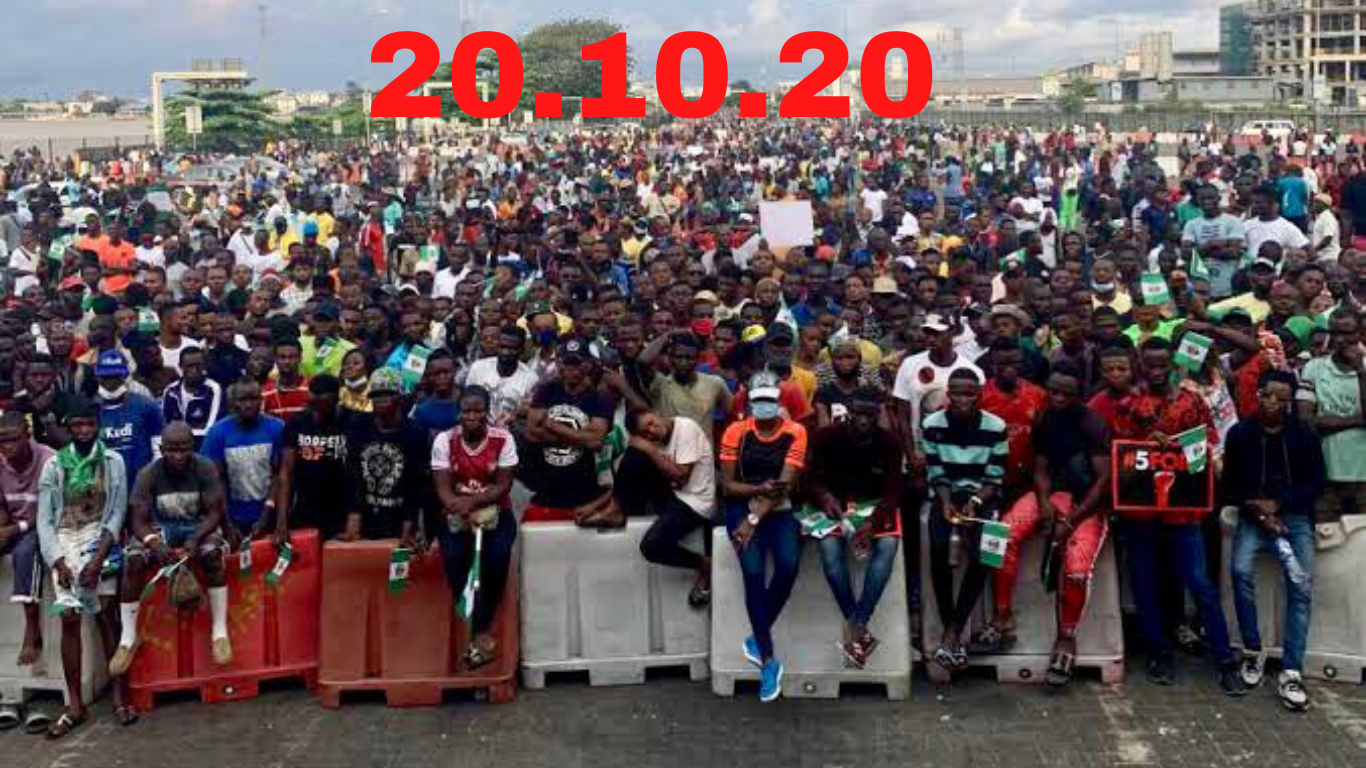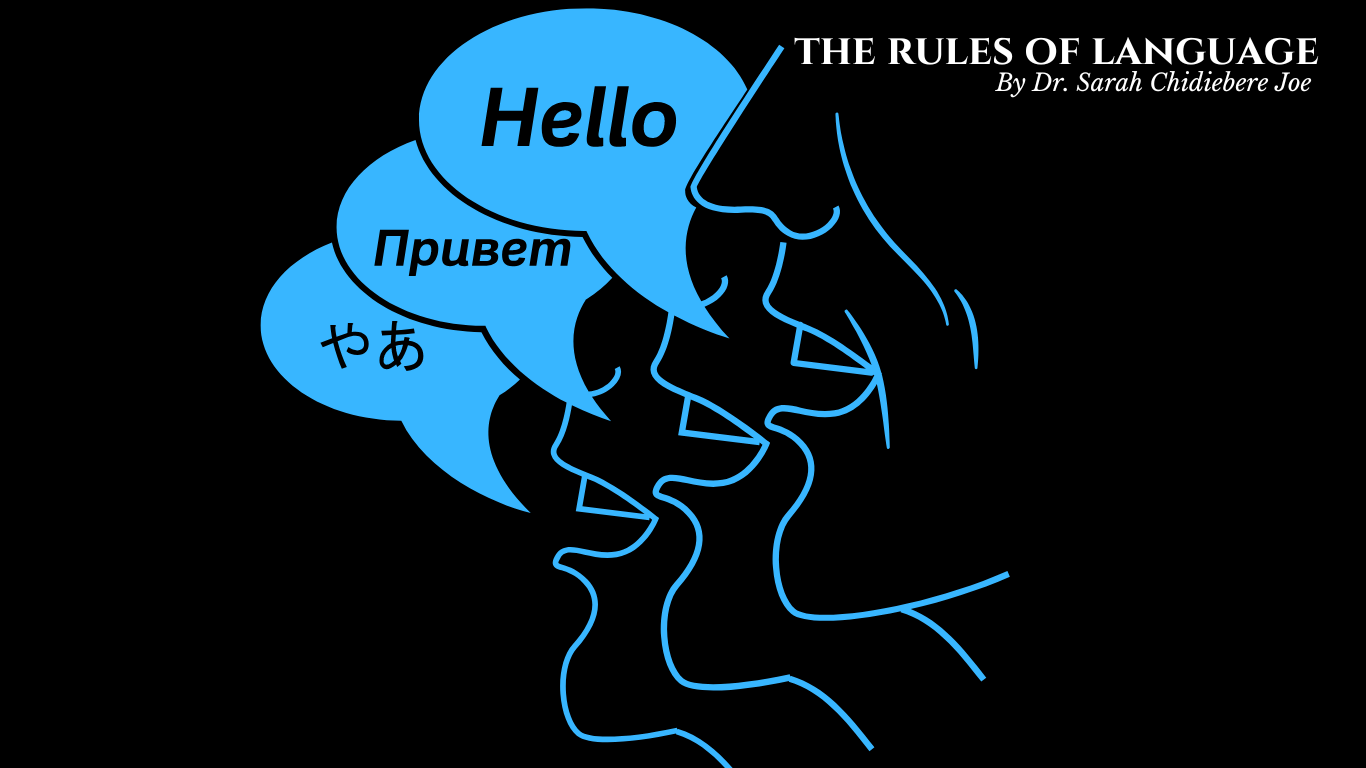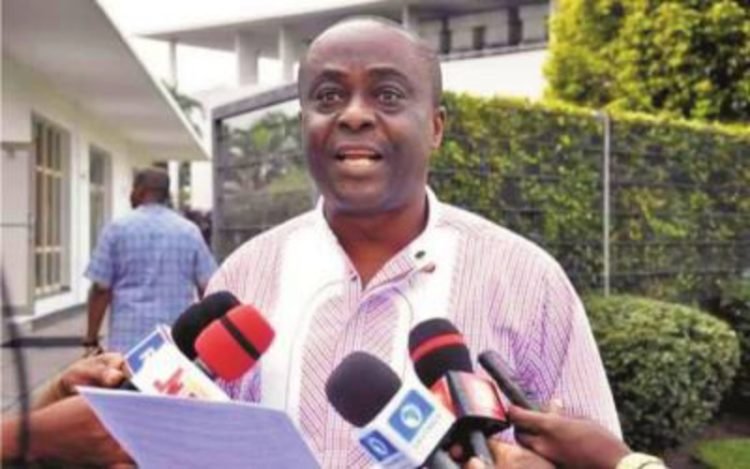By Apaovie Osuamkpe
There is no joy in the stench of dried blood, I can assure you. No remedy for battle wounds lodged underneath the skin. Lives lost can never be replaced. And, the weeping dance of survival is itself a tragedy nobody hurries to fix. Welcome to Nigeria; the hometown of mindless killings and insubordinate cruelty. A place where the devil either vacations or is a resident citizen.
Because we’re mourning today, I shall not burden you with a litany of events that occurred on the night of Tuesday, October 20, 2020, and the period afterward. Two years is insufficient time to detox completely from the cloud of gun smoke that still harasses our sleep at midnight. It’s a story you can peep for yourself on the internet; one which has been forever ingrained in the fabric of our folklore.
It was the day a camouflaged troop, real or impersonated, opened fire on thousands of civilians during a benign protest at Lekki Toll Gate, Lagos State, Nigeria, for no clear reason. The casualties were regular men and women, landlords, neighbours, tenants, and individuals with family stories, whose only error was surrendering all their selfish entitlements to a cause, hoping the umbrella of patriotism would stand tall to cover them. Nameless faces turned out to become in the eyes of the military, hopeless targets that would suffer as scapegoats because they came out with nothing but faith in their country. No weapons in hand, except the willpower to no longer console themselves with the ease of praying and complaining from the warmth of their bedrooms. That sense of willpower was just hyped-up rage that quickly dissolved in the onslaught of bullets going viral in the air.
There’s no need to sprinkle saltwater on fresh wounds now. Whatever happened has happened. Forever lost in the harmattan breeze, as we like to say. But it has been recorded in 36 states, and in the Book of Life, that the protests which were supposed to convey resistance – not threat – to the chokehold of police brutality in Nigeria, ended up forging martyrs out of ordinary people. At least 12 of them who could do nothing but dash for dear life lost out on the prize, according to the statement issued by Amnesty International. Dozens more were ruled as badly injured in the same report. CNN claimed it was 38 persons that got killed, then backtracked later on the context of their sources. Eyewitness submissions persisted that no less than 15 persons were gunned down that night, with the tally of injuries staying indeterminate. Uncertainty around the whole fatality index refused to die down until the Lagos State Government took the initiative to constitute a panel of inquiry, an investigative body chaired by Justice Doris Okuwobi, to probe details of the incident. By the time the panel finished summarising their casualty log, it had come up to a total of 48 persons; 9 dead, 4 missing, and 35 wounded.
From the perspective of a decent human being mature enough to use the internet and reason for himself, it’s unfair that the body count had to fluctuate too long. It indicates that in Nigeria people’s lives can become mere abbreviations on paper, and statistics maneuvered without checks and balances.
This predicament is less flattering up North, where bloodshed has become sliced bread for anyone whose hormones are imbalanced enough to carry an AK-47. According to the Global Centre For the Responsibility to Protect, more than 35,000 people have been killed in Northern Nigeria since 2009, due to the insurgent exploits of Boko Haram. Another extremist group, the Islamic State in West Africa (ISWA) has also contributed to the displacement of at least 1.8 million people in Adamawa, Borno, and Yobe States, allegedly killing at least 40 people, including children, during a massacre on a catholic church on 5 June 2022 in Owo, Ondo State.
The cattle-rustling brigade of ‘Fulani’ herdsmen engaged in an inter-communal dispute with dwellers of agrarian settlements, a rumble which has fertilized the spread of banditry across Nigeria is still a present challenge. Between January and March 2022 alone, at least 360 people were killed by armed bandits in Kaduna State, while over 100 more died in raids on several communities in the Kanam Local Government Area of Plateau State about a month later. The identity of these rampaging murderers remains largely unknown.
Today, our hearts are stony, our faces gloomy and rumpled. We mourn because our government thought it wise to baptize her descendants in a rain of bullets. The image of the Nigerian flag soaked in blood has etched an impression of danger where disappointment used to live. We have shed forbidden tears.
By tomorrow morning, the sun will rise on our doorsteps. Hopefully, we shall conquer all our fears and lift our heads again. Our patchy falsetto shall remind us our voice is the only instrument that will get us heard. For now, we are restless with the stench of dried blood. Our battle scars will refuse to heal.















20.10.20, the day Nigeria happened to Nigerians. I was on the streets in Port-Harcourt, and I saw the energy and unity. #Endsars brought us together. I saw what Nigerians and Nigeria can be. One day, that spark will be kindled again, but we will never forget #lekkimassacre.